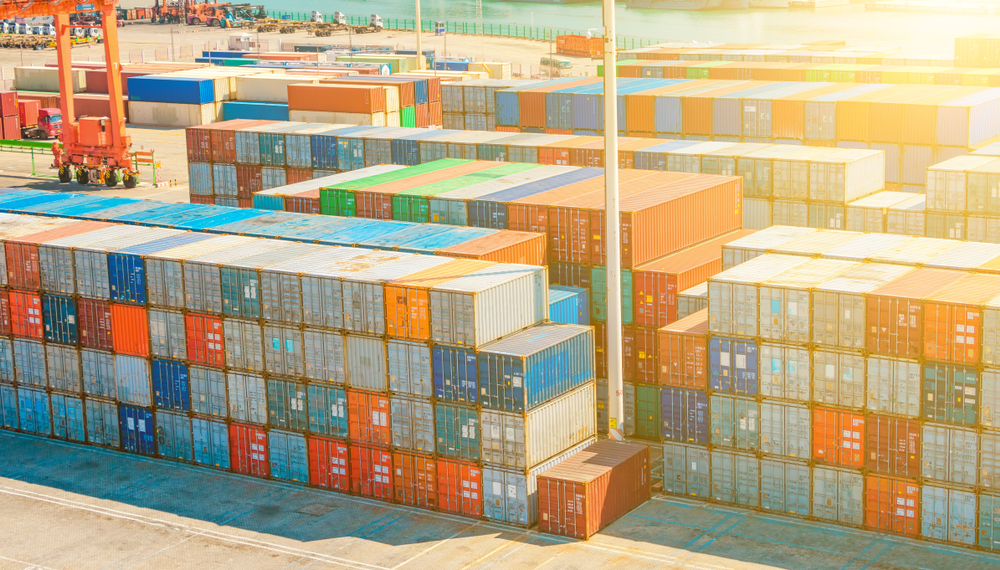The Senior Managers and Certification Regime (SM&CR), the new regulatory structure by the FCA, has been applicable to the banking sector since March 2016 and will be implemented to all 47,000 other FCA solo-regulated firms on 9 December 2019. There will be a major transition required for firms and individuals from the existing Approved Persons Regime (APR)1 to the new SM&CR.
Your local car wash might seem like a harmless way to save yourself a little time, but it turns out that many hand car washes rely on slave labour and exploitation to offer low prices.
While most car washes are legitimate businesses, they are sometimes used as fronts for slave labour, in which workers are threatened, abused and exploited – and may be prevented from leaving by criminals who confiscate their passports or force them to pay off loans.
The Safe Car Wash app is encouraging people to report any car wash that exhibits any of the tell-tale signs of modern slavery. Reports from the app, including GPS location data, are sent to the National Crime Agency and the Gangmasters and Labour Abuse Authority (GLAA)
Signs that a car wash may be using slave labour include:
- Low prices (less than £6.70)
- Fearful behaviour
- Use of children
- Lack of protective clothing
The data is also being assessed by the University of Nottingham’s Rights Lab. Professor Zoe Trodd, director of the Lab, said: “Car washes are completely unregulated territory and we don’t know how big the sector is, how many hand car washes operate or how many persons are registered to work in them. This citizen engagement in data collection is a powerful technique with potential for mapping other vulnerable services such as nail bars.”
The campaign group Anti-Slavery International estimates that 13,000 people may be currently enslaved in the UK. While it may be difficult to imagine how free people become forced into slavery, there is a common approach used by criminals who want to exploit others. They typically begin by offering jobs to people in other countries – such as Albania, Vietnam, Nigeria, Romania and Poland. Once people arrive in the UK, their passports are taken away and they are forced to work to repay fees for transport and recruitment – and the work they do is very different from the job they were promised.
Modern Slavery Act 2015
The Modern Slavery Act was introduced to combat the growing problem of slavery, exploitation and human trafficking. Its provisions include:
- Increased sentences for slavery offences
- Protection for victims of slavery for crimes they were forced to commit
- Requiring large companies to report on how they prevent slavery in their supply chains
- Establishing an Anti-Slavery Commissioner to monitor the UK’s response to slavery.
Training from VinciWorks
Does your organisation need to report on slavery – or understand the nature of the problem? If your company needs to train employees about the issues surrounding modern slavery, VinciWorks can help. Our eLearning packages can be selected as complete off-the-shelf solutions, or we can customise the content to suit your unique requirements.
Browse our Modern Slavery eLearning courses now.
The Legal Services Board has granted in full the application from the Solicitor Regulation Authority (SRA) for the new SRA Handbook which is set to be enforced in late 2019. In their 150 page Summary of Decision, the Legal Services Board did not find sufficient reasons to refuse the application.
Back in August 2018, the SRA applied to the Legal Services Board to approve the SRA Handbook changes as part of their Looking to the Future Program. The Legal Services Board issued an extension notice for their decision following heavy pushback from The Law Society, as well as 128 further representations, the majority supporting The Law Society’s position. However, despite this opposition, the Legal Services Board concluded that the SRA Handbook changes do not meet the refusal criteria.

5 November saw the end of the 180-day wind-down period since President Trump announced the re-imposition of sanctions on Iran. August 6 saw the first set of sanctions snap back into place, and from today, the remaining sanctions are in effect, including on:
- Iran’s port operations and energy, shipping and shipbuilding sectors
- Iran’s petroleum-related transactions
- Transactions by foreign financial institutions with the Central Bank of Iran
- Any sanctions lifted under the National Defense Authorization Act for FY 2012
VinciWorks has produced a comprehensive guide to complying with the latest US sanctions on Iran. The guide has been updated for the end of the 180-day wind-down period.
You can also review the original blog from August, giving some background to the US withdrawal from the Iran deal, what it means for businesses, and VinciWorks’ sanctions training tools and policy templates to help you comply.
We are excited to share that the VinciWorks Learning Management System (LMS) has now been upgraded to version 6.0. The new version of the LMS has many improvements that focus on creating a rich user-friendly learning experience. With a beautiful new user interface, learning plans, video course creation and more, this upgrade improves many aspects of the system, without changing any of the current functionality. You can view a video demonstration of the new version by clicking on the image below.
Read more: Learning Management Systems explained
LMS 6.0 – what’s new?
LMS 6.0 includes hundreds of enhancements to the system architecture, improved user experience and many new features. Note, some of these features are only available to users on the pro and enterprise plan.

